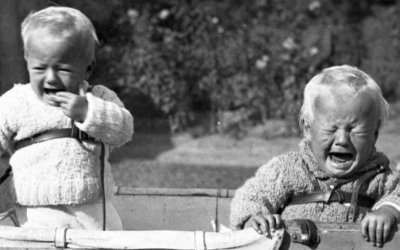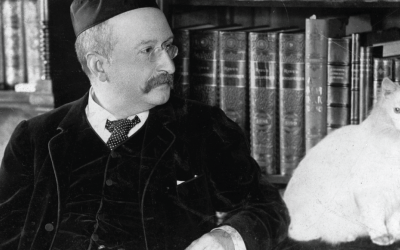Jeremy Stangroom asks whether it is possible to construct a convincing moral case against a (particular) decision to commit suicide.
The issue of the ethics of suicide is in the news because of this case, where a healthy woman ended her life at an assisted suicide facility in order to avoid getting old. But how about if she were a much younger person...
Dorothy Shaeffer wants to kill herself. This is not a view that she has come to lightly. She has been thinking about suicide fairly systematically for the last five years - ever since she turned forty in fact. She can think of reasons to live – her brother, for example, will miss her if she’s gone – but she can think of many more reasons not to live. She would not say that she is depressed exactly. It is more that she is profoundly bored: she is suffering from seemingly terminal ennui.
Dorothy has thought hard about the morality of suicide. She knows that there are religious objections to the taking of one’s own life - the Catechism of the Catholic Church states that suicide is ‘seriously contrary to justice, hope, and charity’. But Dorothy isn’t religious, and doesn’t believe in the afterlife, so she isn’t much impressed by such pronouncements.
She has taken into account that some people, such as her brother, will mourn her death. But she does not believe that their suffering will be very great, and certainly not great enough to outweigh what she sees as her right to do as she wishes with her own life (including ending it). She is also aware that she might feel differently about things at some point in the future. However, she doesn’t think this particularly likely, and, in any case, she is not convinced of the relevance of this point: certainly, she doesn’t believe she has any responsibility towards a purely hypothetical future version of herself.
She has asked other people what they think about suicide, but so far has heard nothing to persuade her that killing herself would be wrong. She is frequently told that she ‘shouldn’t give up’, that ‘things will get better’, and that she ‘should just hang on in there’, but nobody has been entirely clear about why she should do those things. For her part, she can’t really see that she stands to lose much of anything by ending her life now. She does not value it, and in any case, if she’s dead, she’s hardly going to regret missing out on whatever it is that might have happened to her had she lived.
Would it be wrong for Dorothy to commit suicide? If so, why?
Jeremy Stangroom co-founded The Philosophers' Magazine with Julian Baggini.
You might also like...















